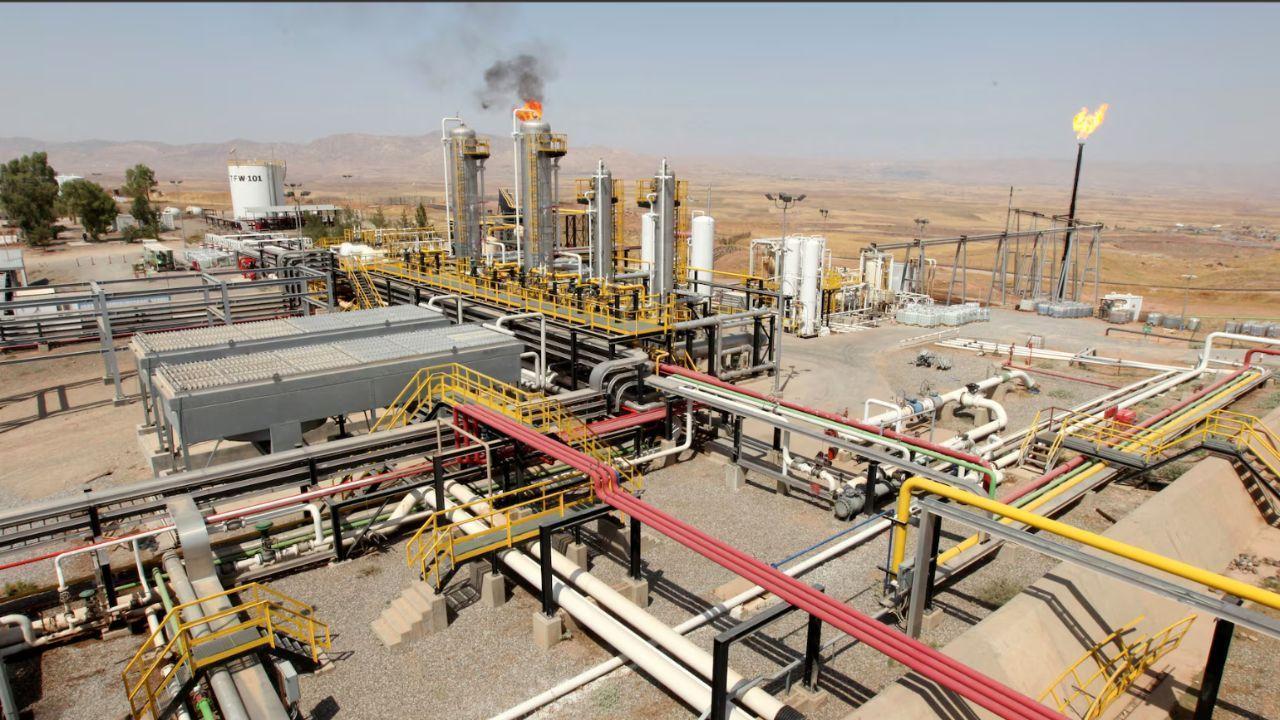
Post by : Priya
Photo:Reuters
The people of Iraq’s Kurdistan region have lived with unreliable electricity. Power cuts were part of daily life. People had to depend on noisy, expensive diesel generators. Businesses struggled, and families suffered. But in 2025, things changed.
For the first time in history, Kurdistan is now receiving 24-hour state electricity. This remarkable achievement is more than just technical progress — it is a symbol of hope, economic opportunity, and better living standards. It is a sign that a region long affected by conflict and neglect is now stepping into a brighter, more stable future.
In this article, we explore how this breakthrough happened, what it means for the people, and how it could change Kurdistan’s future.
The Long Struggle with Power Shortages
Electricity in Iraq has been a major problem since the 1990s. After wars, sanctions, and years of poor management, Iraq's national power grid fell into disrepair. Kurdistan, though semi-autonomous, faced similar challenges.
In cities like Erbil, Sulaymaniyah, and Duhok, people often got just 10 to 12 hours of electricity per day. The rest of the time, homes and businesses had to use private generators. This system was expensive and polluting. Diesel was costly, and the black smoke from generators filled the air.
Families lived in constant uncertainty. During summer, when temperatures reached above 45°C (113°F), power cuts made life unbearable. Students could not study. Hospitals struggled. Food went bad in fridges. Industries lost business.
The Turning Point: Reform and Investment
The move toward full-day electricity did not happen overnight. It was the result of years of planning, investment, and political will.
Step 1: Upgrading Power Plants
Kurdistan started by modernizing old power stations and building new ones. Projects in Bazian, Khabat, and Chamchamal increased local generation capacity. These plants now use natural gas, which is cleaner and cheaper than diesel or oil.
Step 2: Better Fuel Supply
The government signed agreements with oil companies to provide steady gas supplies to the power plants. Earlier, shortages in fuel caused sudden blackouts. Now, with a steady fuel source, the plants can work 24/7.
Step 3: Energy Trade with Neighbors
Kurdistan also made deals with Turkey and Iran to import electricity during high-demand months. These imports fill the gap when usage rises, especially in summer.
Step 4: Smarter Management
The Kurdistan Regional Government (KRG) introduced better systems to monitor demand, fix outages quickly, and control misuse. Smart meters and billing reforms reduced electricity theft and encouraged careful use.
What 24-Hour Electricity Means for Daily Life
Comfort at Home
Families no longer have to worry about switching between generator and state power. Air conditioners now run without interruption. Children can study at night. Seniors and sick people can rest in comfort. Food stays fresh in fridges. Life is easier, healthier, and more peaceful.
“We finally feel normal. We live like people in other countries,” said Noor Al-Mahdi, a mother of three in Erbil.
Growth in Small Businesses
Shops, bakeries, tailors, and beauty salons now work full hours without stopping. Many businesses have reported higher profits and lower expenses.
“Before, we spent over $400 every month on diesel. Now we save that money,” said a bakery owner in Duhok.
Boost for Industry
Factories that make plastic, furniture, metal parts, and food products now run at full capacity. With reliable power, they can meet bigger orders and hire more workers.
The Kurdistan Chamber of Commerce says that industrial output has increased by over 22% in the last six months due to improved electricity.
Economic Benefits: From Generators to Growth
Savings for Citizens
An average household used to spend $100–$200 monthly on generator fees. Now, most families pay less than half of that for full-day electricity.
This gives families more money to spend on health, education, or saving for the future.
Lower Business Costs
Generator maintenance and fuel were major costs for small and medium businesses. Reliable electricity cuts those costs and increases profit margins.
“We’ve hired three more workers since we stopped using the generator,” said a furniture manufacturer in Sulaymaniyah.
Attractive for Investors
Stable power supply is a top demand for foreign and local investors. Kurdistan can now offer that. Real estate developers, IT firms, and food companies are showing new interest in the region.
A Qatari investment firm recently announced a new housing project in Erbil, citing improved infrastructure and stable electricity.
Environment: Breathing Cleaner Air
Private diesel generators produce heavy smoke and dangerous fumes. They are also noisy. In large cities, the pollution from thousands of generators was harmful to lungs and the environment.
Now, with most homes and businesses switching to state electricity, pollution has dropped.
Local doctors report fewer complaints about respiratory issues, especially among children and the elderly. Streets are quieter. Neighborhoods are cleaner.
“You can smell the difference. The air feels lighter,” said a resident of Erbil’s Italian Village district.
Voices of the People: A Region Transformed
Old Citizens
“I lived through three wars. We never had full-day electricity,” said Ahmed Khader, a 72-year-old retired teacher. “Now, in my final years, I finally have peace at home.”
Women and Mothers
“Cooking, cleaning, and looking after children was always hard without electricity,” said Fatima Hussein, a mother of four. “Now I can cook anytime. My kids sleep comfortably. This is life-changing.”
Students and Youth
“You can’t study or join online classes without power,” said university student Renas Shwan. “Now I don’t have to worry about my laptop dying or the internet stopping.”
Challenges Still Remain
While the success is real, it is not complete.
Villages Still Struggle
In rural and mountain areas, full-day electricity has not yet reached. Power cuts still happen during storms or when equipment breaks. The KRG has promised to fix this by building more substations and stronger transmission lines.
Demand May Outgrow Supply
As more people buy air conditioners, electric ovens, and washing machines, electricity demand is rising fast. Experts warn that without new power projects, demand could soon exceed supply again.
Political and Security Risks
Kurdistan’s power success depends on political stability. If conflict returns or budgets fall, maintenance could suffer. Continued success needs peace and careful planning.
The Way Forward: Building a Stronger Future
Solar and Renewable Energy
Kurdistan has over 300 sunny days per year. The government plans to build solar farms to reduce pressure on fuel-based power plants. Pilot projects have already begun in parts of Erbil and Halabja.
Cutting Waste and Improving Efficiency
The KRG is encouraging people to use energy wisely. LED lights, better insulation, and smart appliances are being promoted. Public campaigns teach people how to reduce power bills without reducing comfort.
Regional Cooperation
Electricity trade with Baghdad, Turkey, and Iran will remain important. By becoming a hub for clean and reliable energy, Kurdistan could also export electricity in the future.
Kurdistan electricity 2025






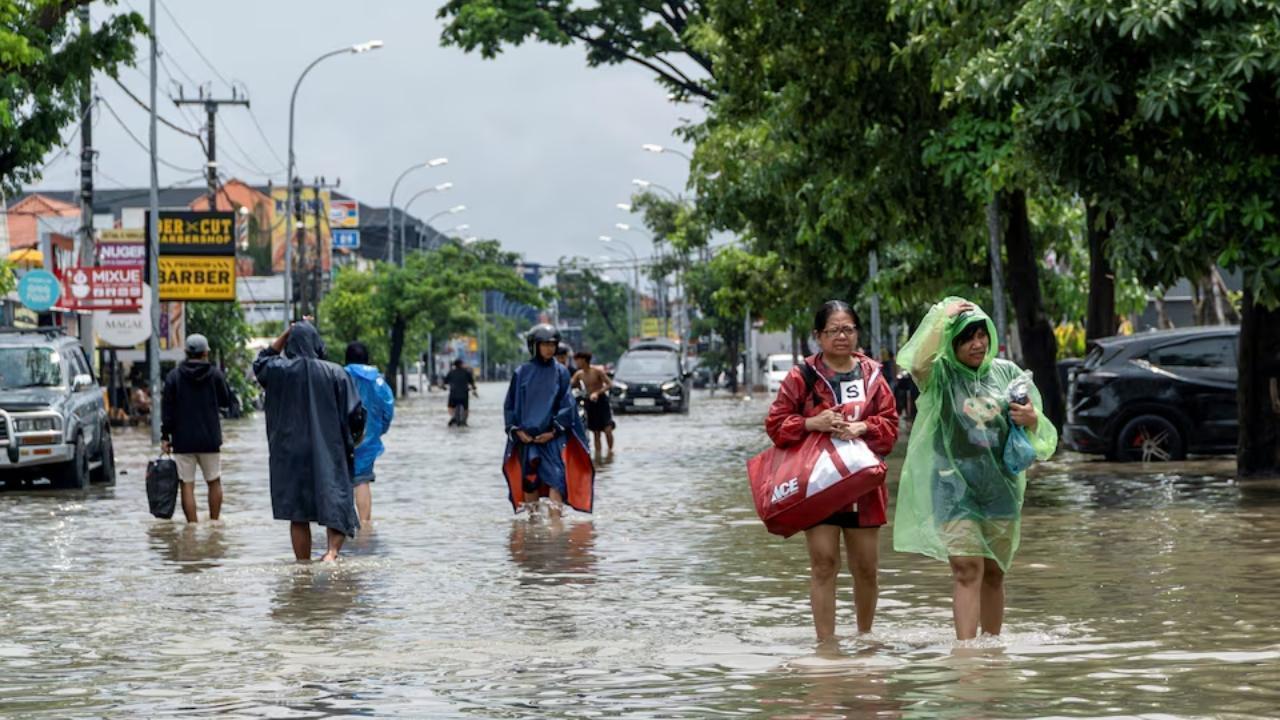

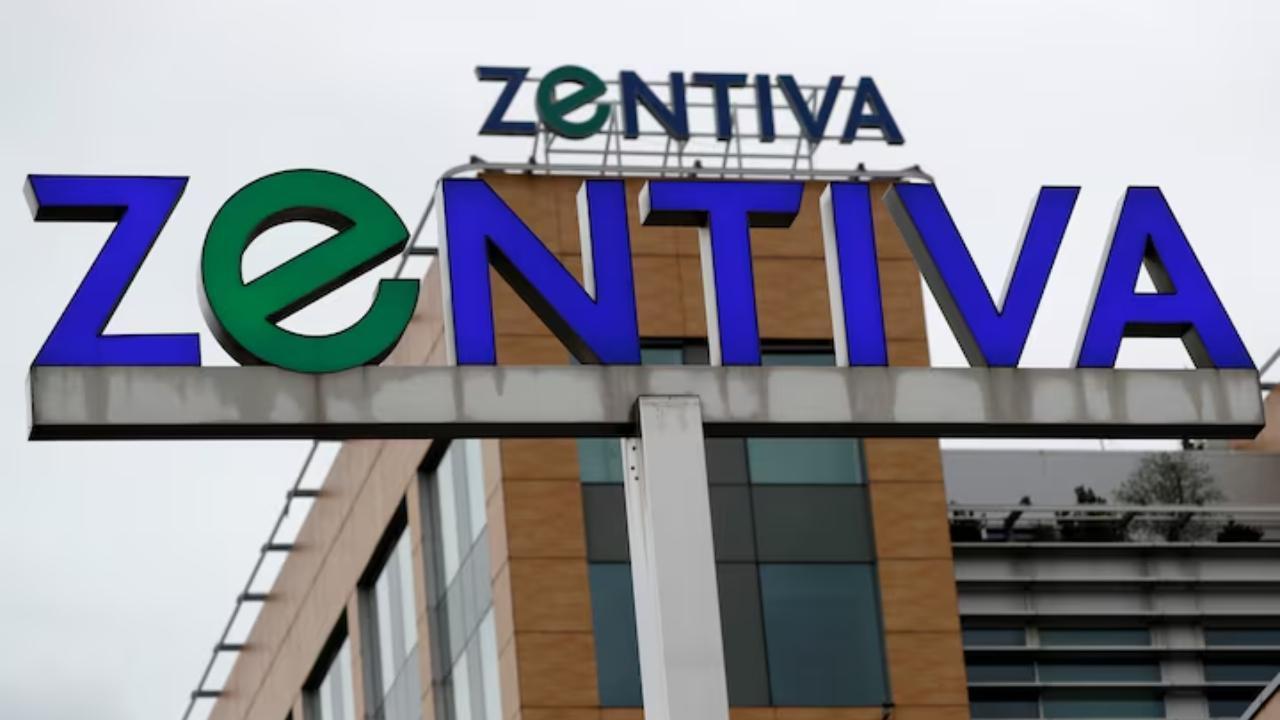

New Waterbomber to Fight Growing Wildfires Globally
De Havilland Canada's DHC 515 waterbomber, designed to combat increasing wildfires, has received glo

Bali Floods Claim 14 Lives; Search for Missing Continues
Severe flooding in Bali has resulted in 14 deaths, with two individuals still missing. Over 500 peop

GTCR Acquires Zentiva for $4.8 Billion
GTCR, a private equity firm, has agreed to purchase Czech generic drugmaker Zentiva from Advent Inte
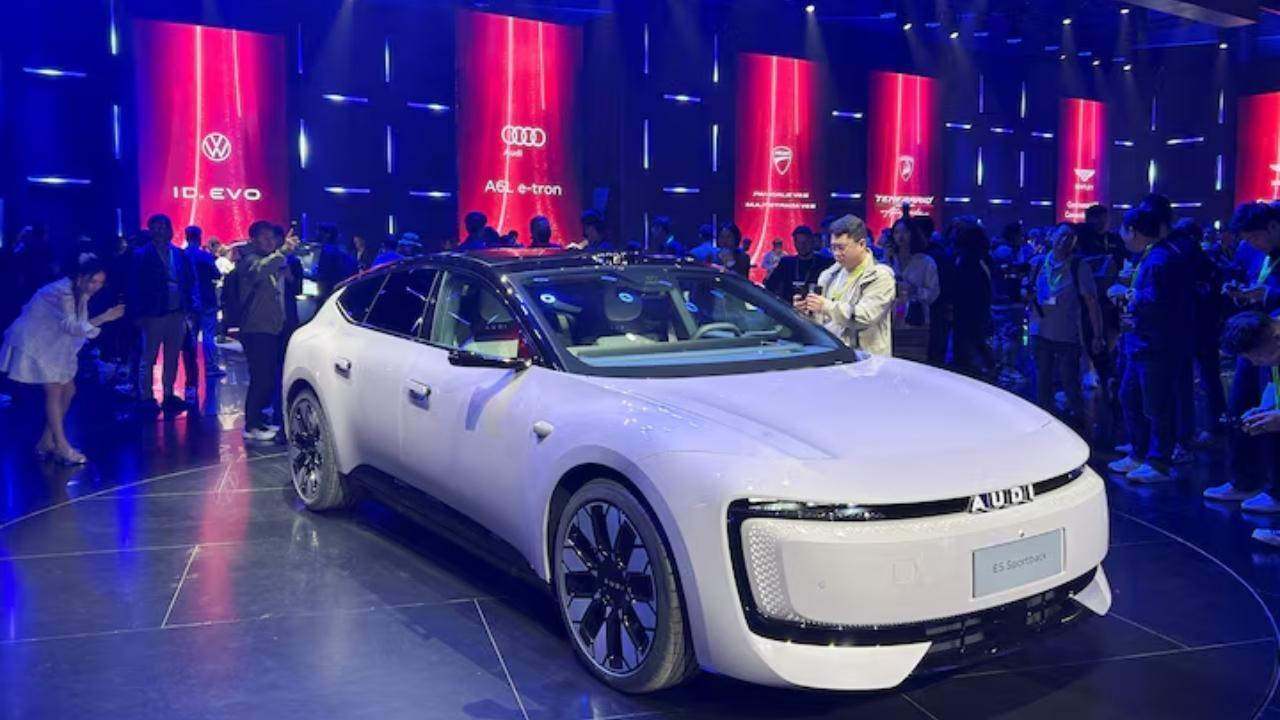
How Chinese Electric Vehicle Technology Is Changing Car Design Worldwide
Chinese EV tech is helping global carmakers make better electric cars faster, but some worry about r

Boeing and Union Agree on Deal to End Strike in St. Louis
Boeing and its workers' union have reached a deal to end a five-week strike in St. Louis, with a new
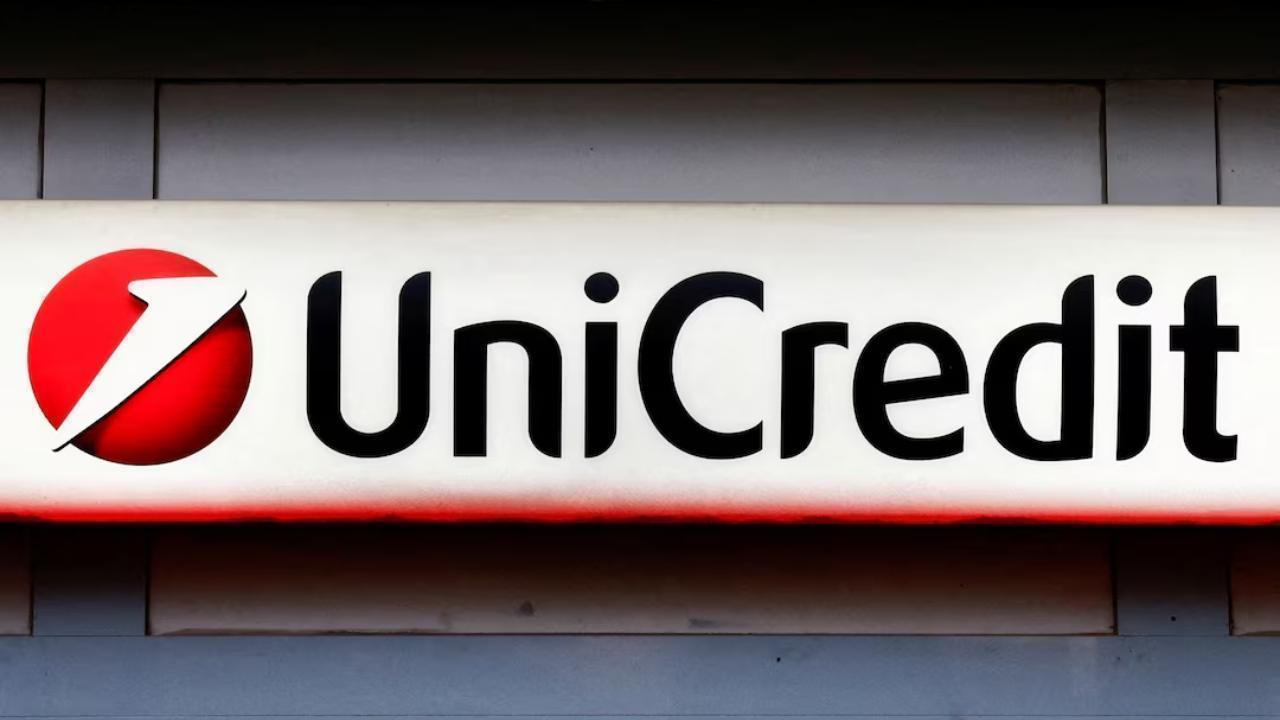
UniCredit's Influence on Commerzbank: A Year of Change
Italy's UniCredit has pressured Germany's Commerzbank to reform, leading to leadership changes and i